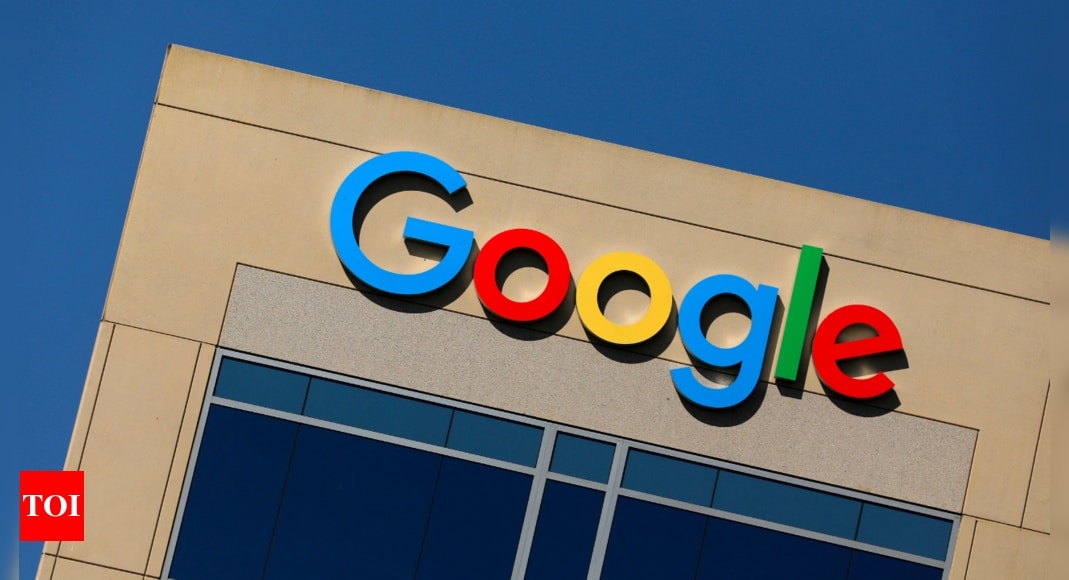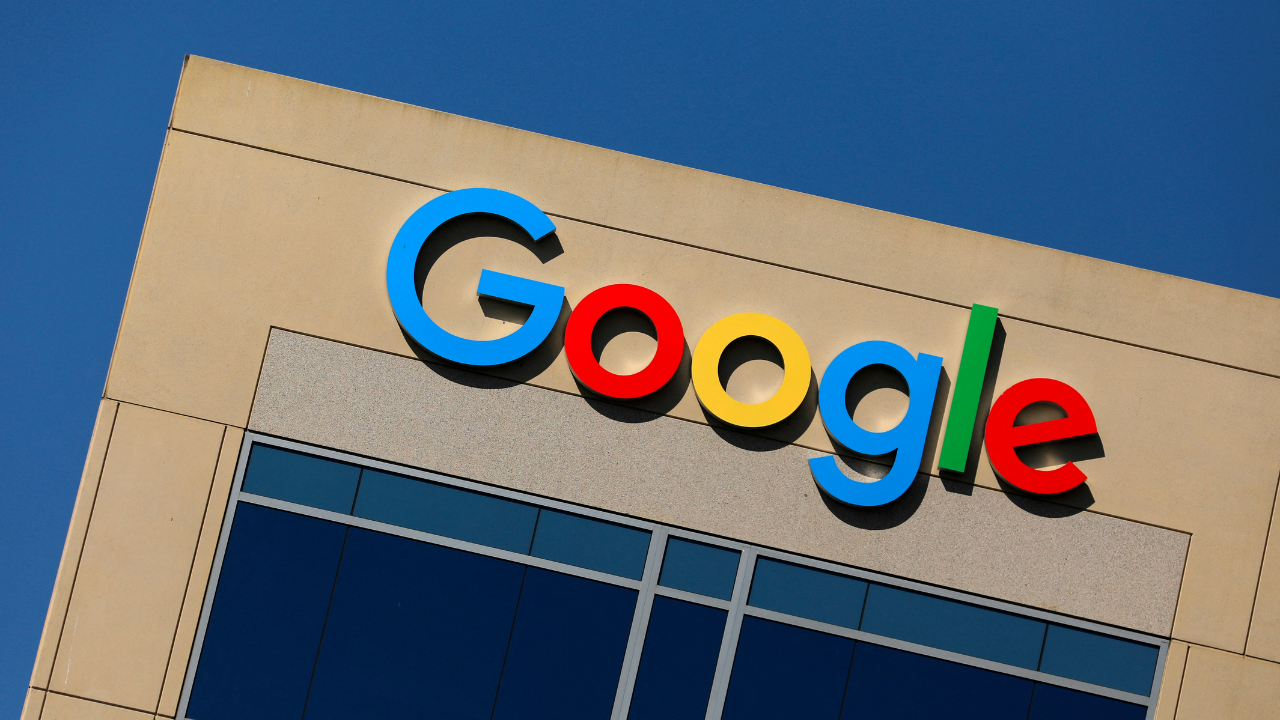Search and browser overhaul
One of the most significant changes relates to Google’s search results. The company has introduced dedicated units and chips to prominently display comparison sites for flights, hotels, and shopping. This move aims to give users more choices and direct access to alternative providers, potentially steering traffic away from Google’s services.
Additionally, Android users will now find it easier to switch their default search engine and browser, thanks to the introduction of “choice screens” during device setup and periodic prompts. This feature, designed to promote competition, will also extend to desktop Chrome and iOS devices in the near future.
Advertising and data-sharing changes
Google is implementing new consent banners and settings allowing users to control their data sharing across various Google services. This move aligns with the DMA’s emphasis on user privacy and transparency, potentially impacting the personalization of ads and content.
Furthermore, Google has announced plans to provide advertisers and publishers with additional data insights while protecting user privacy and commercially sensitive information.
“We have sought to balance various important issues and engage with relevant stakeholders about these trade-offs as we implement our compliance measures,” Google stated.
App Store and developer policies revamped
Addressing long-standing concerns from app developers, Google is expanding its user-choice billing (UCB) program to game developers, allowing them to offer their billing systems alongside Google Play’s billing. The company is also introducing an “external offers program,” enabling developers to promote offers and lead users outside the app to alternative app stores or websites.
Moreover, Google is facilitating the installation of third-party apps and app stores on Android devices, further opening up the platform to competition.
Scepticism lingers
While Google has approached compliance with product changes, the company has expressed concerns that some DMA rules may reduce choices for European consumers and businesses.
Critics, however, remain sceptical. Travel companies like Yelp and EU Travel Tech have raised concerns that Google’s changes may reinforce its dominance rather than promote genuine competition.
“We urge Google to put an end to the preferential treatment of its own services against those of its competitors,” EU Travel Tech stated.
As the DMA deadline approaches, Google’s changes represent a pivotal moment in the tech giants-regulatory authorities battle. The DMA sets a precedent for regulating digital platforms in the EU. Google’s response will undoubtedly influence other tech companies.




![[CITYPNG.COM]White Google Play PlayStore Logo – 1500×1500](https://startupnews.fyi/wp-content/uploads/2025/08/CITYPNG.COMWhite-Google-Play-PlayStore-Logo-1500x1500-1-630x630.png)